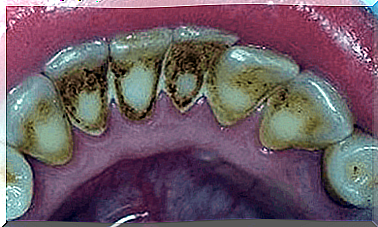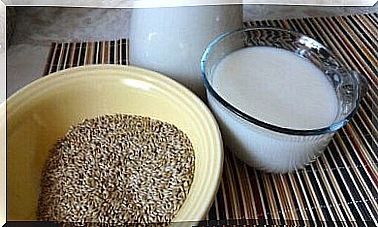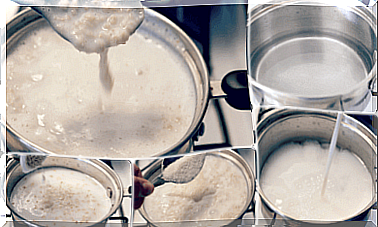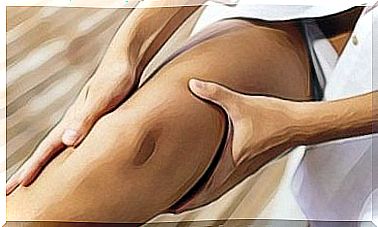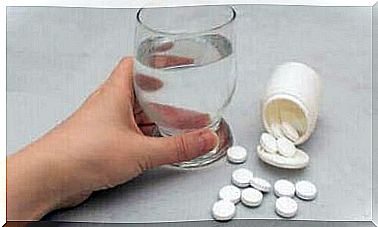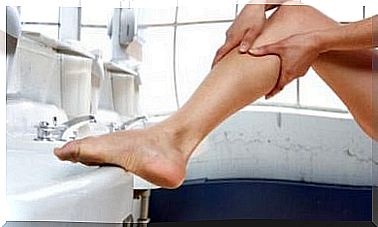Opioid-induced Constipation

Opioid-induced constipation is a common problem in people taking these drugs. As many as 41-81% of opioid users suffer from constipation.
Opioids are very effective drugs in the treatment of severe pain. Their use has increased by more than 83% in the last 10 years, and unfortunately at the same time, the constipation they cause has also increased among patients.
No one generally talks about this side effect, even though it does affect the quality of life of many people. The patient needs opioids to control the pain, but with it, constipation can become a major problem.
What is constipation
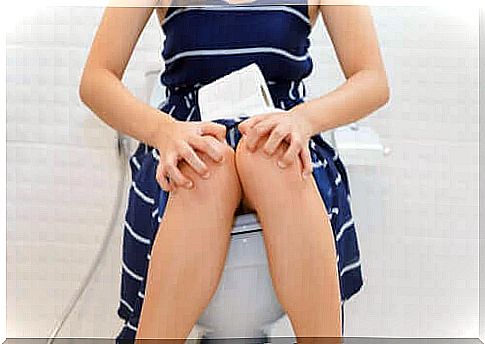
Constipation is when a person has difficulty defecating or his bowel movements are irregular. In general, constipation can be said to occur when a person defecates no more than three times a week.
When the condition is chronic, various symptoms occur regularly. For example, sometimes the stool may be hard, lumpy, or small bumps, and the patient may experience pain or flatulence. Also, after visiting the toilet, it may feel like not all the stool has come out.
A great many different factors can cause constipation, including some medications. Opioid-induced constipation is common, but it can also be caused by other medications. For example, antidepressants, antihistamines, dehydrating drugs, etc. can cause constipation as a side effect.
Opioid-induced constipation
Virtually all drugs have side and side effects, but most often they disappear over time. However, this is not the case with opioid-induced constipation. Many doctors and experts believe that our intestines are simply not used to such medications.
The severity of constipation depends on what the opioid is, what its dosage is, and how long it is used. The higher the dose and the longer the drug is used, the greater the chance of chronic constipation.
Opioid-induced constipation differs from normal or functional constipation. It is usually a temporary problem that disappears quickly after the drug that causes it is stopped.
How opioids affect bowel movements

Opioids mainly affect the nervous system, but also other organs in the body, such as the digestive system. Here, among other things, they can affect the normal functioning of the intestine.
Opioids interfere with intestinal function in two main ways. The first of these is a condition called “intestinal paralysis”. To understand it Imagine the pressure you apply to a tube of toothpaste to get the paste out. Something similar happens in the gut, and they are gut movements. They are involuntary, wavy muscle movements called peristalsis. Opioids can reduce or even prevent this movement from occurring, causing constipation.
Another way opioids interfere with intestinal function is by hardening the stool composition. Under normal conditions, in a healthy person, when feces pass through the intestine, the intestinal wall absorbs some water from the feces. When opioids are used, the intestines can absorb too much water, which then causes hard stools and constipation.


